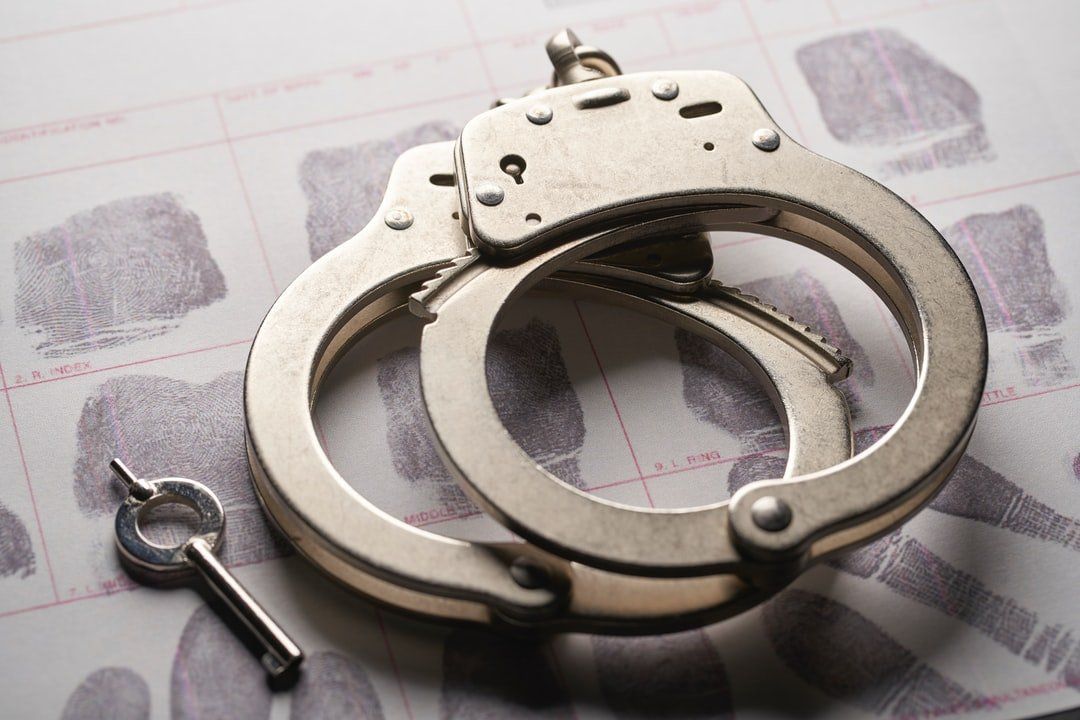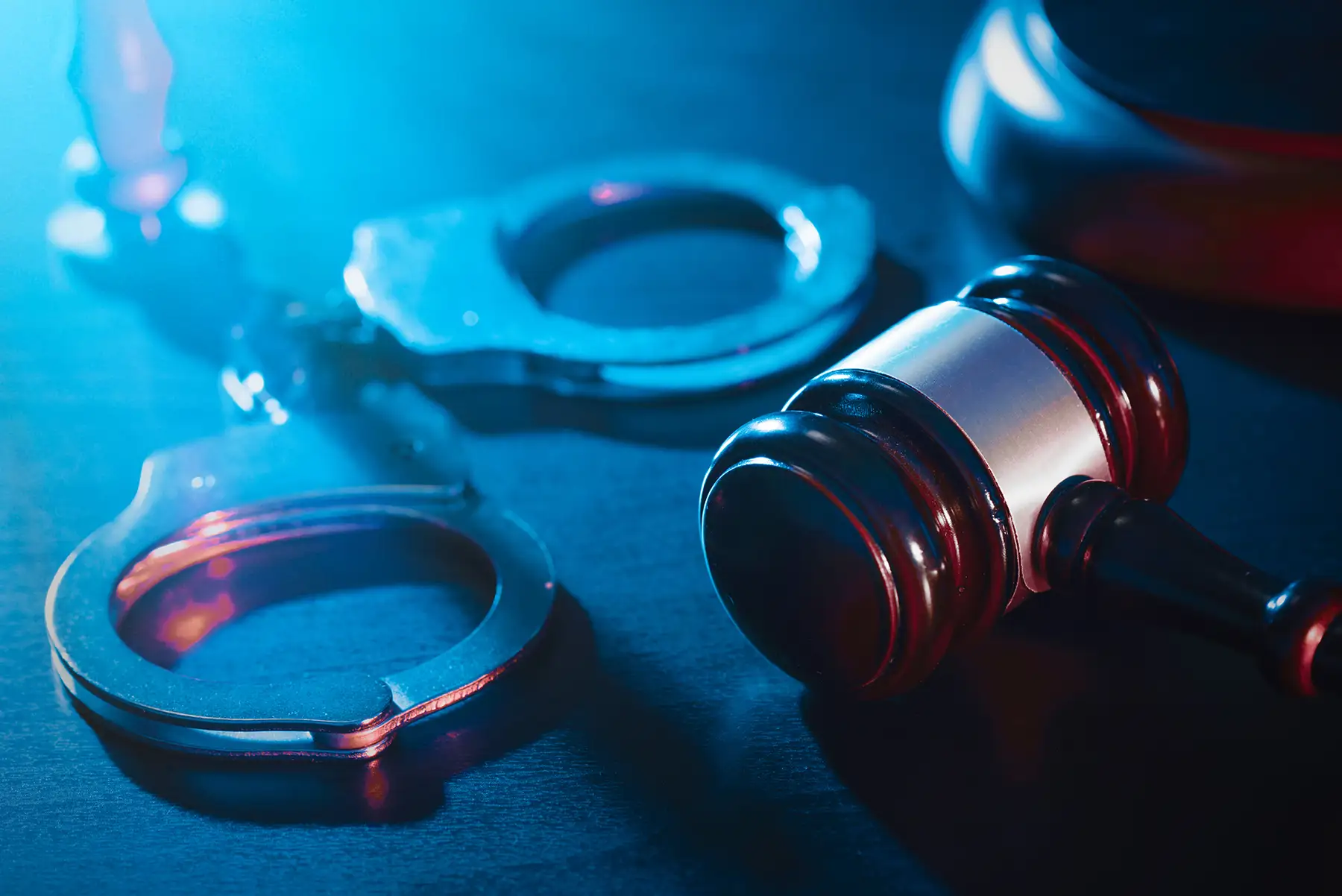How to Defend Against Unjust Drug Possession Charges in New Jersey
Facing drug possession charges is a daunting experience, especially when the drugs in question don’t belong to you. In such situations, remaining calm, cooperating with the police, and seeking legal representation immediately are crucial steps.
It would help if you explored the legal implications of being found with drugs that aren’t yours in the context of New Jersey law, examining critical concepts like possession, actual versus constructive possession, and potential legal defenses. Drug charges carry consequences beyond legal penalties, impacting various aspects of an individual’s life. From personal freedoms and employability to social relationships and overall well-being, the ripple effects of drug charges can be profound.
Impact of Drug Charges:
Liberty and Imprisonment: Perhaps the most immediate and severe consequence of drug charges is the potential loss of liberty. A conviction for drug-related offenses, especially those involving trafficking or distribution, can lead to imprisonment.
Employability and Career Impact: A drug conviction can have a lasting impact on an individual’s employability. Many employers conduct background checks, and a criminal record can be a significant barrier to securing employment. Certain professions may have strict restrictions on individuals with drug convictions, limiting career opportunities and professional growth.
Financial Consequences: The economic toll of drug charges extends beyond legal fines. Legal fees, court costs, and potential restitution can accumulate, creating a financial burden for individuals already grappling with the consequences of their charges.
Social Stigma and Relationships: Society’s perception of individuals with drug charges often carries a stigma that can strain personal relationships. Friends, family members, and community members may distance themselves, contributing to feelings of isolation and alienation. Rebuilding trust and relationships becomes a challenging yet crucial aspect of recovery.
Mental Health and Well-being: The stress and uncertainty associated with drug charges can take a toll on an individual’s mental health. Anxiety, depression, and feelings of shame or guilt are common emotional responses.
Education Opportunities: Drug charges can hinder access to educational opportunities. Some educational institutions may deny admission or financial aid based on a criminal record, limiting an individual’s ability to pursue academic and career aspirations.
Housing Challenges: Securing stable housing can be challenging for individuals with drug charges. Landlords may conduct background checks, and a criminal record can result in denial of housing applications.
Loss of Civil Rights: Certain drug convictions can result in the loss of certain civil rights, such as the right to vote or own firearms.
What is New Jersey Law on Drug Possession:
In New Jersey, the possession of federally scheduled drugs, including ecstasy, cocaine, and heroin, is governed by stringent laws. Violating these laws can result in severe consequences, such as up to 5 years in prison, fines of up to $25,000, and mandatory drug counseling courses. Furthermore, if illegal substances are found in your vehicle, it may lead to the revocation of your driver’s license.
The legal framework for drug possession in New Jersey is intricate and rooted in the Comprehensive Drug Reform Act of 1987. This legislation introduced comprehensive laws to control and prohibit drug possession, manufacturing, and distribution. Over the years, the legal landscape has evolved, but the complexity and severity of penalties remain.
New Jersey Criminal Code:
The New Jersey Criminal Code outlines drug crimes and their corresponding penalties in two chapters with sub-parts.
Major Drug Trafficking: Offences involving drugs like heroin can lead to substantial penalties, including lengthy prison sentences and significant fines. The severity of punishment is often determined by factors such as the number of drugs involved and the defendant’s criminal history.
Simple Marijuana Possession: While marijuana laws have evolved in recent years, possessing marijuana in amounts exceeding legal limits can still result in criminal charges. Penalties may include fines, probation, or even imprisonment, depending on the quantity involved.
How To Build a Defence Strategy:
Differentiating between actual and constructive possession is crucial in drug possession cases. Actual possession involves physical control of the substance, whereas constructive possession implies the capacity to gain power within a reasonable timeframe. Understanding these distinctions becomes vital when building a defense strategy.
Legal Defenses Against Drug Possession Charges:
When charged with drug possession, it’s essential to assess the circumstances surrounding the discovery of the drugs. Consulting with a defense attorney allows for a thorough examination of the facts. Identifying to whom the drugs belong, exploring potential witnesses, and seeking proof that the medicines are someone else’s are critical elements of a defense strategy.
Additionally, considering whether the accused had control over the location where the drugs were found plays a significant role. Factors such as the drugs’ proximity to the accused, the nature of the area (e.g., personal property, shared space), and the presence of other individuals can impact the defense’s strength.
Probable Cause and Exclusion of Evidence:
The prosecution must establish that law enforcement had probable cause to conduct a search leading to the discovery of drugs. A valid search warrant, if applicable, should be presented. Furthermore, the prosecution must prove that the substance found is illegal, and the evidence gathered should not violate the accused person’s Miranda rights or be tainted by an unlawful search.
Why You Should Consult a Legal Representor:
Keeping the complexity of New Jersey’s drug laws, seeking a Criminal Lawyer in NJ is crucial when facing drug possession charges.
A skilled New Jersey criminal lawyer can provide:
Legal Expertise: Drug charges lawyers possess extensive knowledge of New Jersey’s drug laws, staying abreast of any amendments or updates that enable them to navigate the intricacies of the legal system and build effective defense strategies.
Case Evaluation:
A criminal lawyer can thoroughly evaluate the case, examining the circumstances surrounding the arrest, the legality of the search and seizure, and potential violations of the defendant’s rights. This scrutiny may unveil opportunities to challenge the evidence presented by the prosecution.
Defense Strategies: Crafting a solid defense is paramount in drug possession cases. A skilled criminal defense lawyer can explore various defense strategies, such as challenging the evidence’s admissibility, questioning witnesses’ credibility, or negotiating reduced charges or penalties.
Last Words:
New Jersey’s drug possession laws are intricate and carry severe consequences. From federally scheduled drugs to marijuana offenses, individuals facing drug charges should seek the guidance of the best criminal defense lawyer.
The legal expertise provided by a knowledgeable attorney can make a substantial difference in understanding the charges, solving the complexities of the legal system, and building a robust defense.
Remember, when facing drug possession charges, knowledge and swift action can make all the difference in managing the complexities of the legal system.











